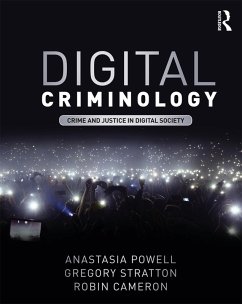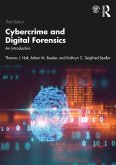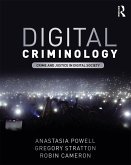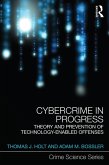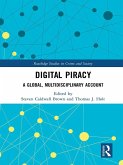Building on case study examples from across Australia, Canada, Europe, China, the UK and the United States, Digital Criminology explores key questions including: What are the implications of an increasingly digital society for crime and justice? What effects will emergent technologies have for how we respond to crime and participate in crime debates? What will be the foundational shifts in criminological research and frameworks for understanding crime and justice in this technologically mediated context? What does it mean to be a 'just' digital citizen? How will digital communications and social networks enable new forms of justice and justice movements? Ultimately, the book advances the case for an emerging digital criminology: extending the practical and conceptual analyses of 'cyber' or 'e' crime beyond a focus foremost on the novelty, pathology and illegality of technology-enabled crimes, to understandings of online crime as inherently social.
Twitter: @DigiCrimRMIT ¿
Dieser Download kann aus rechtlichen Gründen nur mit Rechnungsadresse in A, B, BG, CY, CZ, D, DK, EW, E, FIN, F, GR, HR, H, IRL, I, LT, L, LR, M, NL, PL, P, R, S, SLO, SK ausgeliefert werden.

